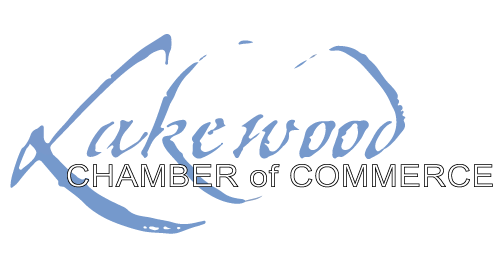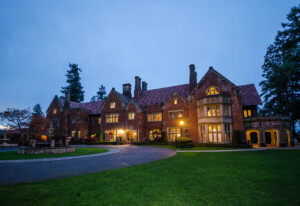Lakewood Chamber of Commerce
Board of Directors Policy Position Statement
Opposition to HB 1921: Proposed Road Usage Charge Program
2/11/2025
The Lakewood Chamber of Commerce Board of Directors strongly opposes HB 1921, the proposed Road Usage Charge Program. While we recognize the need for sustainable infrastructure funding, this legislation places an excessive and inequitable financial burden on businesses and residents, particularly small businesses that rely on transportation for their operations.
HB 1921 effectively implements a dual-tax system, requiring both a road usage charge and an assessment fee to support non-road infrastructure, such as rail, bicycle, and pedestrian projects. This broad allocation of funds diverts critical transportation dollars away from their intended purpose preserving and maintaining our state’s highways, while increasing the cost of doing business.
Key concerns include:
* Increased Costs on Small Businesses and Consumers: Many of our members depend on reliable and affordable transportation for deliveries, services, and employee commutes. The phased approach to imposing road usage charges on internal combustion engine vehicles, combined with existing fuel taxes, creates a compounding tax burden that will drive up costs across industries and ultimately impact consumers.
* Administrative and Privacy Concerns: The bill grants broad rulemaking authority to state agencies, including third-party tax collectors, with unclear protections for personal data. The potential for mandatory vehicle tracking and data collection raises serious privacy and security concerns for businesses and individuals alike.
* Lack of Transparency and Predictability: With administrative costs deducted from revenues before distribution, businesses and taxpayers have no clear assurances that funds will be used effectively for highway maintenance. Additionally, the bill leaves room for future adjustments in fees and tracking mechanisms, creating long-term uncertainty for businesses that depend on transportation planning and budgeting.
* Competitive Disadvantage for Washington Businesses: As the state moves toward broader adoption of electric and hybrid vehicles, this policy penalizes businesses and residents without providing viable, cost-effective alternatives. The complexity of this tax structure places Washington businesses at a disadvantage compared to neighboring states.
For these reasons, the Lakewood Chamber’s Board of Directors urges lawmakers to oppose HB 1921. Instead of creating a costly and burdensome new tax system, we encourage the legislature to explore transparent, equitable, and economically responsible solutions for funding our transportation infrastructure solutions that do not unfairly penalize small businesses, burden residents, or compromise individual privacy.
We stand ready to collaborate on policies that support both economic growth and a well-maintained transportation system without disproportionately impacting businesses and working families.
# # #



